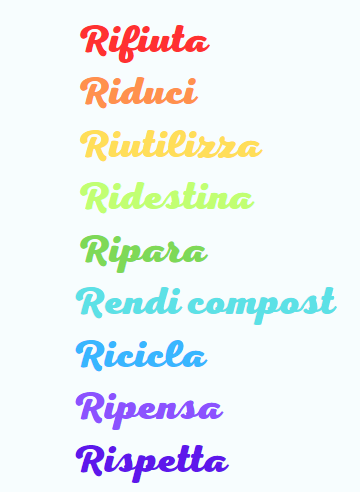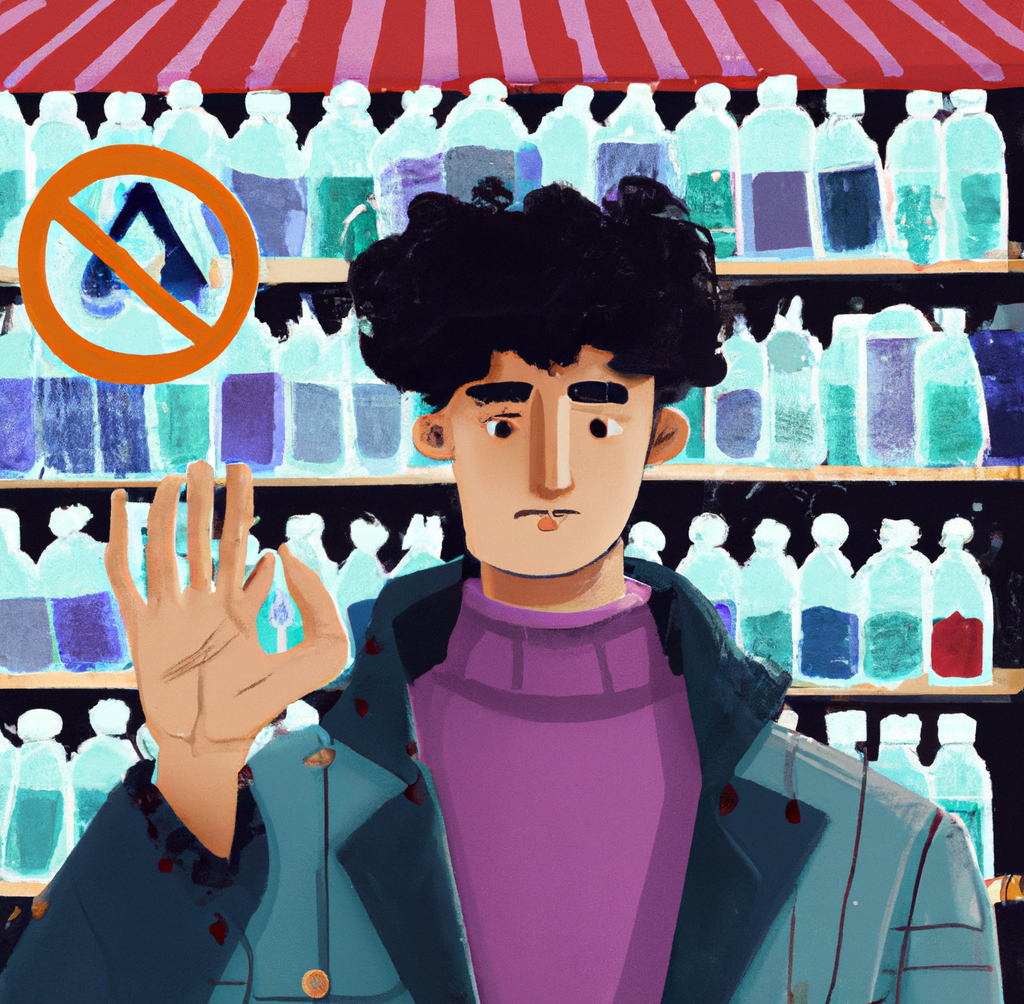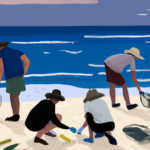As we saw here, the 3Rs of sustainability are an approach to waste and resource conservation based on three principles, which in order of importance and priority are REDUCTION OF CONSUMPTION, REUSE WHERE POSSIBLE, and RECYCLING OF RESIDUE.
Over the years, however, we have moved from discussing the 3Rs of sustainability to debating the 5Rs, and even up to the 9Rs… but what is happening? Why are they increasing?

What are the 9Rs of sustainability?
The success of the 3Rs of sustainability has led over time to wondering if the original guidelines could be extended to be more detailed and complete. And voilà, here are the 9Rs of sustainability. The approach has not changed in values compared to the 3Rs, but the new perspective more reflects the problem of waste as a consequence of individual behavior and indeed invites reflection on our consumption habits. Let’s see them together now!
1. Refuse environmentally harmful products
The first R, “refuse,” encourages us to be more aware of our consumption habits. By refusing to purchase or use environmentally harmful items, we reduce the demand for such products and limit the production of resulting waste.
Implementable tips:
- Refuse single-use plastic, such as straws, cutlery, and plastic bags.
- Prefer reusable products to disposable ones, such as fabric shopping bags and reusable water bottles.
- Avoid products with excessive packaging or materials harmful to the environment.

2. Reduce unnecessary consumption
The second R, “reduce,” focuses on minimizing our overall consumption. By using less, we can conserve resources, reduce our ecological footprint, and thus generate less waste.
Implementable tips:
- Monitor your consumption carefully, advice also valid for energy and water.
- Purchase items with a longer lifespan and choose quality over quantity.
- Consider shopping at bulk stores, if possible.
3. Reuse items when possible
“Reuse” is the practice of using the same item or packaging multiple times instead of always using new ones, as opposed to disposable products, which would be “refused” when possible.
Implementable tips:
- Reuse containers, such as jars and boxes, for storage or decorative purposes.
- Use washable cloth napkins, towels, and rags instead of disposable paper products.
- When an item is no longer usable, consider using some of its parts for future repairs, such as in the case of a bicycle.
4. (Re-)purpose objects for a new use
“Repurpose” involves the creative transformation of objects that have outlived their original purpose into something useful or valuable, known as upcycling. This R encourages innovation and entrepreneurship, reducing waste. When you don’t know what to do with them anymore, consider the idea of giving them away; perhaps they will be useful to others!
Implementable tips:
- Transform old clothes or fabrics into bags, quilts, or cleaning rags.
- Convert pallets or wooden crates into furniture or garden planters.
- Donate or sell items you no longer need instead of discarding them.
5. Repair what you can
The fifth R, “repair,” emphasizes the importance of fixing items rather than discarding them. By repairing broken or damaged items, we can extend their lifespan and reduce waste.
Implementable tips:
- Learn basic repair skills, such as sewing, woodworking, and simple electronic component repair.
- If you cannot make repairs independently, ask family or friends for help!
- Consider purchasing products with warranties or guarantees for easy repairs or replacements.

6. Make organic waste compost
This R (in English “rot”) refers to the composting of organic waste, which decomposes into nutrient-rich soil. This R promotes responsible disposal of organic materials and supports a circular economy.
Implementable Tips:
- Start a compost bin or pile in your garden or yard for food scraps and garden waste.
- Use compost as a natural fertilizer for your plants and garden.
7. Recycle and dispose correctly
Recycling is the process of converting waste materials into new resources to be used for producing new products. The seventh R, “recycle,” encourages responsible waste disposal to facilitate the implementation of circular logics.
Implementable Tips:
- Familiarize yourself with local recycling guidelines and programs.
- Separate and clean recyclable materials properly before disposal. Here is some help.
- In your purchases, consider buying items made of recycled material. Be aware that they may not necessarily cost less than those from virgin resources!
8. Rethink your habits
“Rethinking” involves critically evaluating our consumption habits and making conscious decisions to prioritize sustainability. This R urges us to challenge social norms and adopt more environmentally respectful practices.
Implementable Tips:
- Inform yourself about the environmental impact of your consumption habits.
- Choose eco-friendly transportation options, such as walking, biking, or public transportation.
- Support businesses and policies prioritizing sustainability.
- Consider accommodation options that pay attention to environmental impact.

9. Respect the environment and others
The final R, “respect,” emphasizes the importance of respecting our environment, our fellow beings, and future generations. By adopting a mindset based on respect, we can foster empathy and collaboration in the pursuit of a greener future.
Implementable Tips:
- Discover and support local and global environmental initiatives.
- Respect the rights and needs of all living beings, including plants, animals, and entire ecosystems.
- Teach future generations the importance of sustainability and environmental protection.
In conclusion…
By incorporating the 9Rs of Sustainability into our daily lives, we can contribute to a greener, cleaner, and more sustainable world. Every small action we take can have a significant impact on our planet and the well-being of current and future generations.
One final note, consulting different sources may reveal different Rs, perhaps with nuances of different meanings: there is no right or wrong version, and if you find additional Rs… well, add them!
What to remember
The 9Rs of Sustainability are an extension of the 3Rs approach, namely Reduce, Reuse, and Recycle. To these, we add Refuse environmentally harmful products, Rethink your habits, make compost from waste when possible, Repair broken items, and Respect the environment and others. Rather than dogmas to be followed pedantically, they are to be interpreted as a true philosophy of life that aims at respecting others and the environment through resource conservation.
Additional Information
Presentation of the 7 Rs on YouTube (in English, external): here


